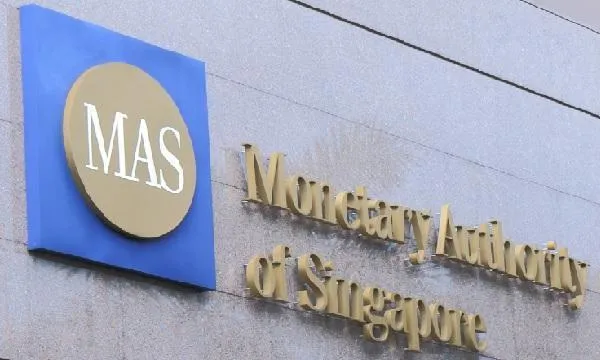
Singapore unveils framework to enhance payment services regulation
It will regulate systemically important payment systems and focus on retail payment services.
The Monetary Authority of Singapore (MAS) has ironed out a new regulatory framework in a bid to provide a more conducive environment for payment services whilst ensuring security across the payments value chain, an announcement revealed.
The Payment Services Bill aims to streamline the regulation of payment services within a single activity-based legislation, according to MAS. It will comprise of two parallel regulatory frameworks which include a designation arm that enables MAS to regulate systemically important payment systems and a licensing regime that focuses on retail payment services provided to customers and merchants.
“The bill also illustrates our shift towards regulation that is modular, activity -based and facilitative of growth and development in the Singapore payments landscape,” MAS managing director Ravi Menon said in a statement.
Also read: Banks receive boost from regulator's hardline stance against e-wallet lending
The activity-based licensing framework for retail payment services will facilitate innovation and mitigate risks, MAS highlighted, with the licence regime broadened to encompass a wider range of payment activities, including domestic money transfers, merchant acquisition and the purchase and sale of digital payment tokens.
“At any point in time, a payment service provider needs only to hold one licence, but of a class that corresponds to the risk posed by the scale of payment services provided,” MAS said in a statement. “Risk mitigating will then be tailored to the specific payment services that a licensee provides to better safeguard customer and merchant monies.”
The Payment Services Bill was finalised based on feedback from MAS’ public consultation in November 2017. It was submitted to Parliament on 19 November.






![Lorem Ipsum [ABF 1]](https://cmg-qa.s3.ap-southeast-1.amazonaws.com/s3fs-public/styles/exclusive_featured_article/public/2025-03/a_hand_pointing_to_a_futuristic_technology_5b87c9d0e3_1.png.webp?itok=2w0y1WhS)


![Cross Domain [Manu + SBR + ABF + ABR + FMCG + HBR + ]](https://cmg-qa.s3.ap-southeast-1.amazonaws.com/s3fs-public/styles/exclusive_featured_article/public/2025-01/earth-3537401_1920_4.jpg.webp?itok=WaRpTJwE)








 Advertise
Advertise

